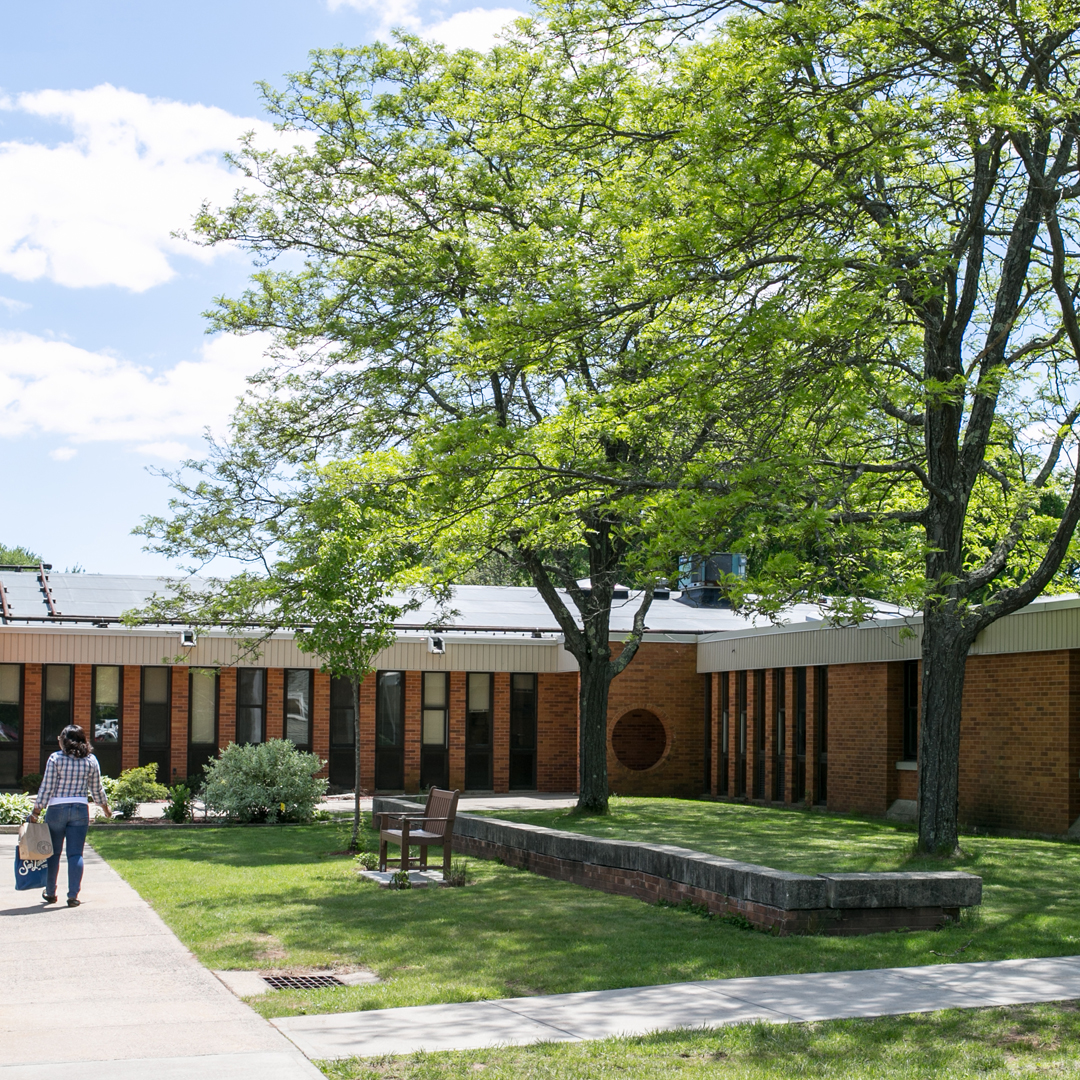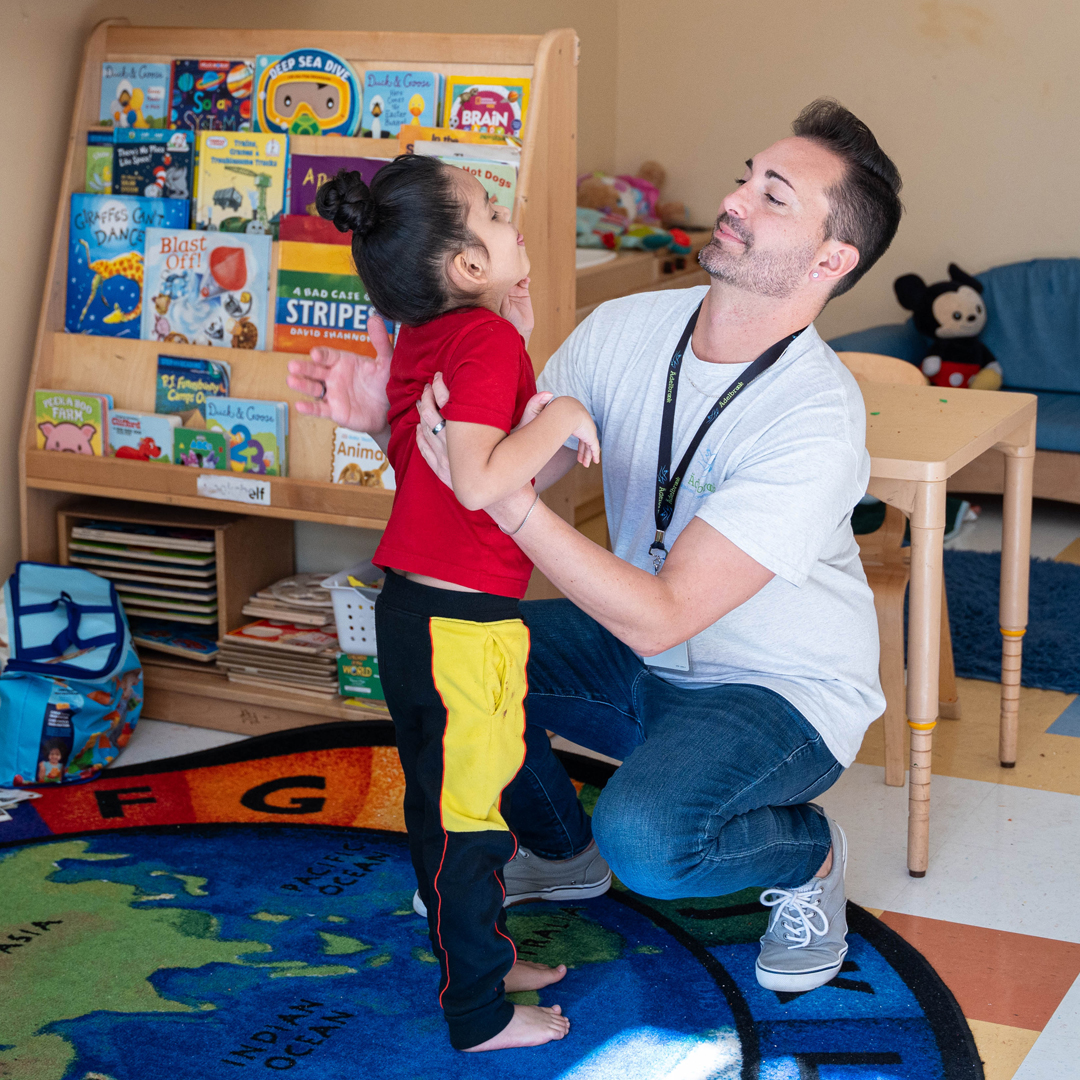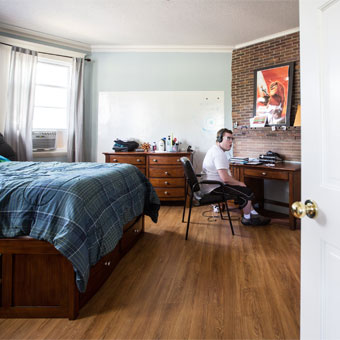Frequently Asked Questions

General Ädelbrook FAQs
Most insurance is accepted at our outpatient and community based support programs. Services may be covered in full or in part by your health insurance or employee benefit plan. To determine if services will be covered by your insurance provider you can call them directly or contact our office at (860) 635-6010 x0 to be directed to the right staff member for assistance.
Ädelbrook has treated a wide range of diagnoses, ranging from Autism, Mood Disorder, Depression, Anxiety, Oppositional Defiant Disorder, Conduct Disorder, Reactive Attachment Disorder and Post Traumatic Stress Disorder (PTSD). If you’re interested in our work with a particular diagnosis, please feel free to call and ask.

The Ädelbrook Academies
In our educational programs we work to utilize evidence-based assessments set in Applied Behavior Analytic principles. The Assessment of Basic Language and Learning Skills (ABLLS), the Assessment of Functional Living Skills (AFLS) and the Verbal Behavior Milestones Assessment and Placement Program (VB-MAPP) are often used due to their proven efficacy with a variety of individuals and diagnoses. These skills assessments rely on the evaluation of specific skills (independent living, academic, social, verbal) that build upon each other in an observable and measurable format. This allows for consistent and effective evaluation of progress. These assessments make up our typical evaluations but we will utilize other assessments when necessary, as the needs of our students are constantly changing.
Functional analysis is a behavioral assessment based in the work and research of Dr. Brian Iwata. Functional analysis consists of controlling the environment around an individual in systematic ways to evaluate the function of behavior. This is based in the specific principles of behavior that all behavior is under control of the consequences, or actions that happen following the behavior. By controlling these consequences in a systematic format and observing the outcome, we can determine the reasons for behavior and develop a strong intervention plan for some of the most difficult behaviors.
An ecological assessment is a thorough evaluation of the environment around an individual to develop focused treatment that meets the complex needs of our students. The ecological evaluation looks at the main areas of a student’s day in our programs (academic time, leisure, adaptive skills, social skills) and assesses them for their effect on the student’s learning and behavior. By utilizing this assessment, we can modify the environment to promote the most effective learning for our students.

Transitional Academies
The decision to have a child placed at the Transitional Acadamies needs to be made at a Planning and Placement Team meeting within your child’s school district. We would be happy to have you come and visit the school to learn more about us. For more information, contact Carol-Ann Buikus at (860) 788-5825 or (860) 759-3041, or via email at cbuikus@adelbrook.org.
The Transitional Academies offer a variety of services from vocational programming, group and individualized services and functional life skills to maximize independence.
Students are paid an hourly wage and are expected to work part time, from 5–2 hours a week. Each student is given a uniform that they have to wear to work in the community. If they don’t wear the uniform, they don’t go to work or get paid. Transitional Academy staff assist each student in opening their own bank account at the Liberty Bank in Middletown so they learn the importance of saving money and budgeting.

In-Home Supports
If you are currently working with a state agency (DCF, DDS, DSS) contact your case manager. If you are a parent of an individual with autism and receive benefits through Medicaid/HUSKY, please contact Beacon Health Options Autism Spectrum Disorder Services at 1-877-552-8247.
We primarily serve individuals under the age of 21 due to restrictions through HUSKY/Medicaid. For individuals who have DCF, DDS, DSS involvement, other age ranges can be considered depending on services deemed necessary.
We will gladly work with any provider, school or doctor that a family is currently receiving treatment from to ensure the best wraparound care.

Residential Services
Youth will see our consulting Psychiatrist, Dr. Sabooh Mubbashar, once a month. If a child requires an emergency evaluation before his or her monthly appointment, an evaluation will be scheduled with the psychiatrist.

